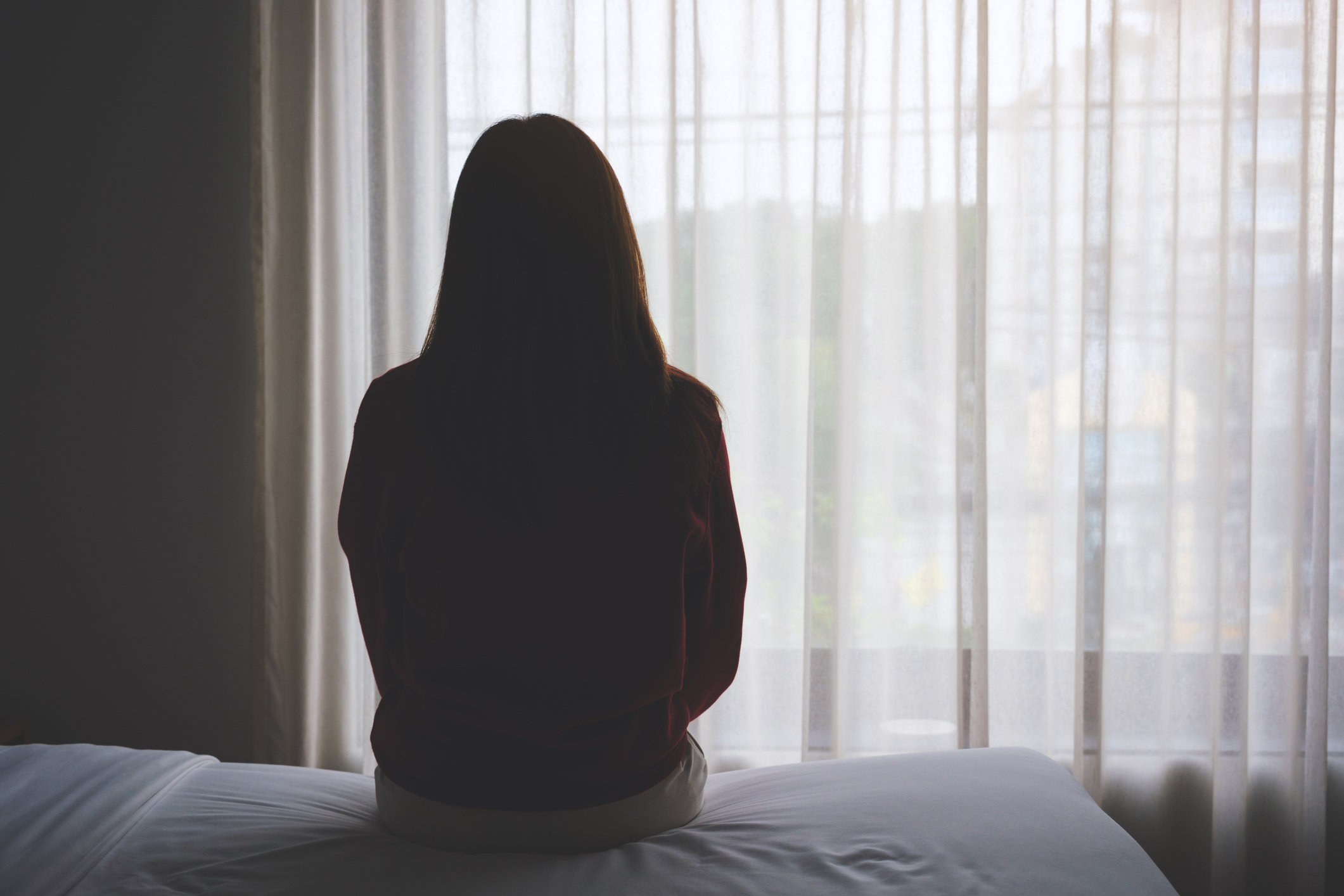Depression linked to unexplained 'jet lag' symptoms in new study
Some people living with depression have "disrupted" body clocks similar to jet lag, according to new Australian research.
A Sydney-based study of 69 young people who have sought mental health care discovered almost a quarter showed jet lag symptoms without having travelled across time zones.
Researchers at Sydney University say this finding could result in new treatment for mental health conditions like depression and bipolar disorder.
READ MORE: Pub owner rips push to return $1.2 billion to Aussies

The study involved two groups of young people aged between 16 and 35 – one group who had presented to mental health clinics for treatment and another with no history of mental illness.
Participants were then monitored overnight in a chronobiology lab to measure their sleep and body clock.
"We analysed participants' core body temperature, cortisol levels and melatonin levels, which we know play important roles in how our bodies manage the circadian rhythm – our 24-hour cycles which regulate things like wakefulness and sleep," said research fellow Dr Joanne Carpenter.
Melatonin is a regulating hormone that tells our body when it is time to sleep, while cortisol is a stress hormone which is usually at its highest level shortly after a person wakes up.
Body temperature, meanwhile, is cyclical depending on your sleep schedule.
Carpenter said the study looked at these three key factors and discovered 23 per cent of patients were experiencing a "physiological jet lag".
READ MORE: Mark Latham denies shocking allegations of domestic abuse by ex-girlfriend

"We found that 23 per cent of patients had at least two of these circadian rhythm measures out of sync with each other," she said.
"This is similar to the disruption we see when travelling across time zones or undertaking shift work, when the body clock becomes out of sync with the external environment."
"We also found a correlation between how out of sync patients' body clocks were and the severity of their depressive symptoms," Carpenter added.
The discovery could also change how we approach treating mental health, study co-author Dr Jacob Crouse said.
READ MORE: Man charged with manslaughter over baby's campsite drowning to seek bail
"Our findings suggest we might need to think differently about what kinds of treatments we're giving people with mood disorders," he said.
"And whether we should be targeting body clocks as another option for managing these conditions."
"This strong early evidence opens up exciting new ways we can study and potentially treat common mental health disorders and hopefully improve the lives the thousands of young Australians living with depression anxiety," Carpenter added.
The researchers noted that internal jet lag is not a cause of poor mental health, and that further research is needed to establish the link between it and the body clock.
Readers seeking support can contact Lifeline on 13 11 14 or beyond blue on 1300 22 4636.
DOWNLOAD THE 9NEWS APP: Stay across all the latest in breaking news, sport, politics and the weather via our news app and get notifications sent straight to your smartphone. Available on the Apple App Store and Google Play.













